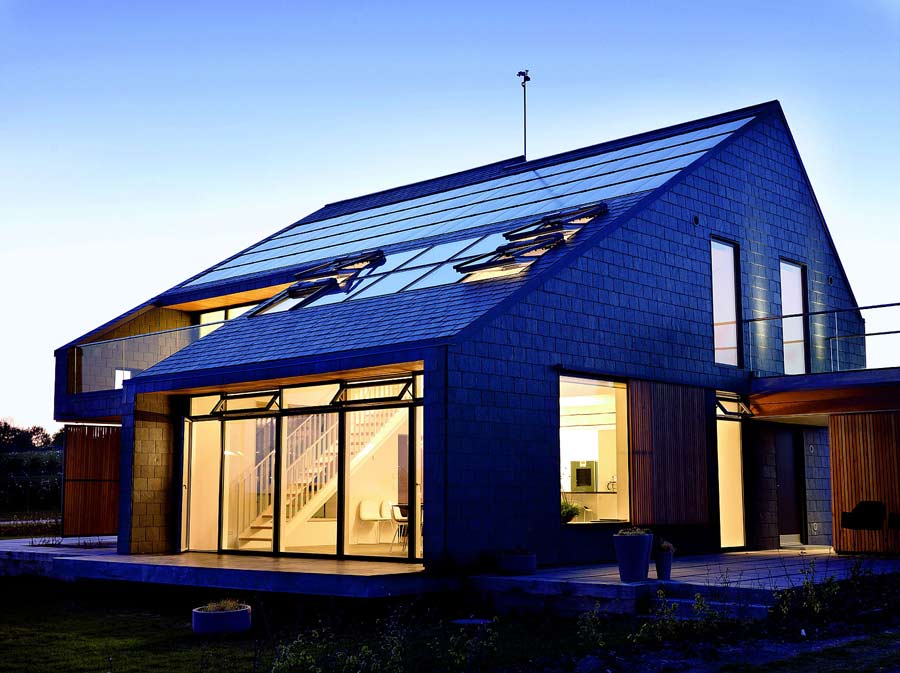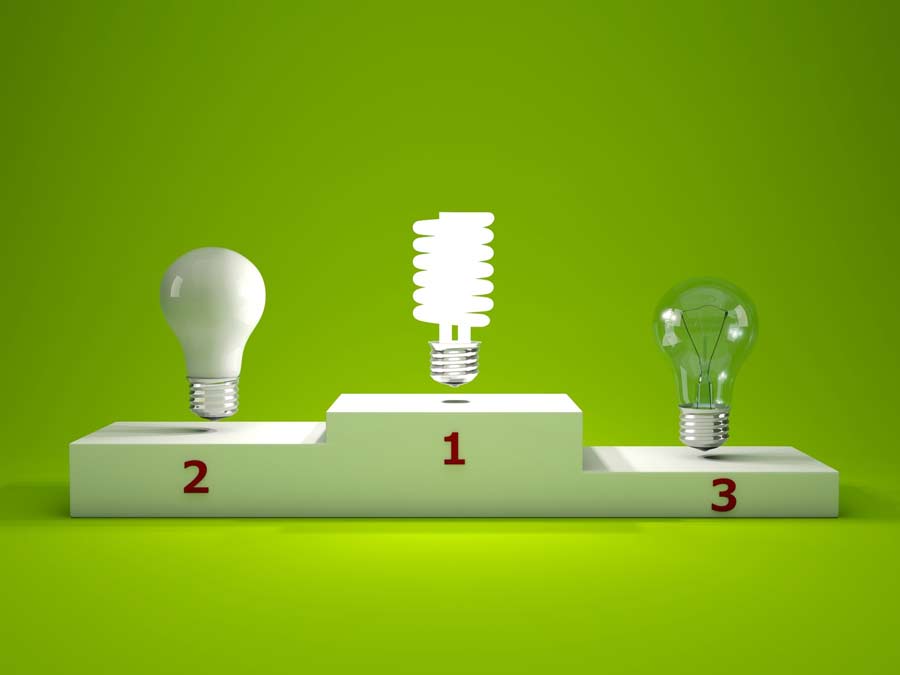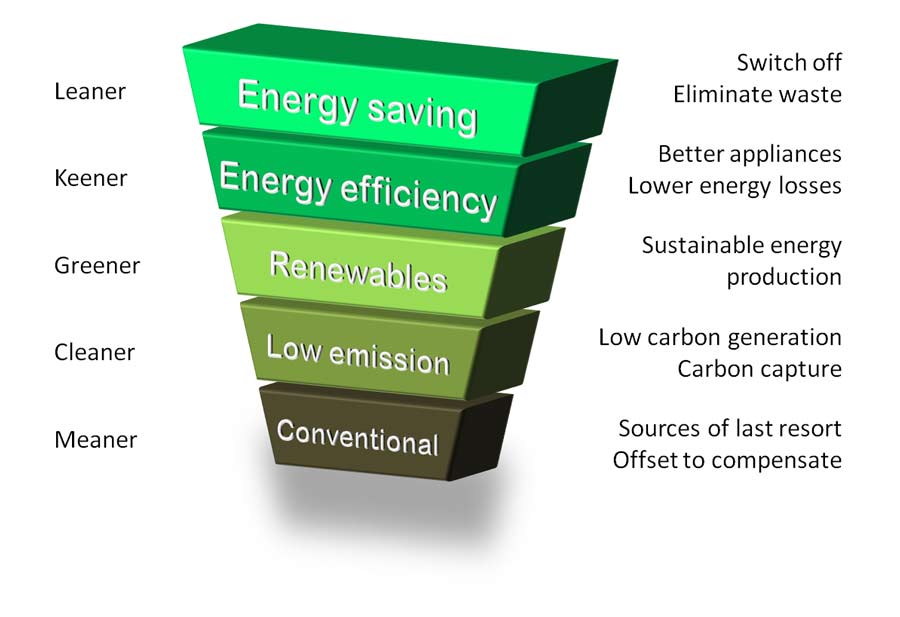It is possible for businesses and homes to greatly reduce the amount of energy that they consume by using it in a more productive and effective way. The Energy Efficiency Council (EEC) has tasked itself to promote this message in Australia and to equip energy users with the technology and know-how to achieve this goal.
The EEC was set up by several leading companies who were in the energy and electrical related fields and over the years it has taken various initiatives to promote energy conservation.
Describing the activities of the EEC, its chief executive officer, Luke Menzel says, “We have large multinationals like Schneider Electric as members. We also have small two or three person consultancies, but they are all organisations that in some way or other provide energy efficiency services helping Australian businesses and households to save energy.
“Energy Efficiency Council is pretty agnostic about where you get your energy from, whether it is from renewables, coal-fired power stations or any other source. We are very much focussed at the other end of the power line in trying to make sure that energy is used as efficiently as possible by the end user.
“There is a raft of reports and studies that have been done over many years highlighting the opportunities for households and businesses to save money apart from achieving energy efficiency.
“The organisation has been around for seven years. The goal of setting up the organisation is to give energy efficiency an appropriate voice within Australian policy and to make sure that Australia is taking advantage of this opportunity and not leaving it untapped.”
The EEC also plays an important role in influencing government authorities and providing inputs and data which can form the basis for taking decisions which result in lower energy usage.
Commenting on this aspect of the EEC’s activities, Luke Menzel says, “We are involved with the Prime Minister’s task group on energy efficiency and contribute to policy processes at the federal level.
“We have been involved with various state governments in providing the view of the sector as governments develop their energy efficiency policies. This is an important part of our role – making sure that what they are proposing is feasible and meets the needs of the sector. The goal in all of that is to develop an energy efficiency policy which is simple and stable.”
A practical initiative that the EEC has taken towards reducing the use of energy is the “Energy Efficiency Certification Scheme” which trains and equips individuals to lead and manage comprehensive energy retrofits of commercial buildings. A professional certification is awarded to these individuals. Building owners and managers can then identify suitable industry professionals who can provide commercial buildings with an integrated building energy retrofit.
Speaking about the role of EEC in this area Luke Menzel says, “It makes an awful lot of sense to address a range of technologies simultaneously and take a comprehensive approach for upgrading the energy performance of buildings.
“We have a number of members who are experts in this space and one of the biggest projects that we have been working on for the last three or four years is starting a certification scheme for individuals so that businesses can easily identify people that have these skills and undertake these comprehensive retrofits.
“One of the things that we are really proud of as an organisation is that we spend a lot of our time and effort in making sure that end-users are aware that they have this significant opportunity to improve the performance of their buildings.
“The good news around energy efficiency technology is that cost effective options with short payback periods, particularly with things like LED are available. These can be installed in a building, and the cost of installation can be paid back in a very short period of time, because you are saving a significant amount of energy by making that simple change.
“Technology develops quickly so businesses that are looking to take full advantage of the energy efficiency opportunity and those businesses that want to keep their bills down, are well advised to seek out experts, so that they can make sure that they are not spending too much on their energy bills.”
The EEC organises the National Energy Efficiency Conference which brings together Australia’s top efficiency experts, international thought leaders, policy makers and energy users to debate and explore the latest thinking on energy saving. This year’s conference is scheduled to take place in Melbourne on 17-18 November.
One of the prime objectives of the EEC is to spread the message that there is a need to conserve energy so that emission of greenhouse gases can be reduced. Towards this end the EEC takes a number of steps which are described by Luke Menzel, “We engage with the media to a certain degree where there is a policy issue that is of interest to our members.
“We are participants in policy processes whether they be forums or submissions which pertain to our sector. The National Energy Efficiency Conference is very significant in our yearly calendar as this allows us to bring together the entire sector, including customers and policy makers and really drive the conversation around energy efficiency and how we can work together to save energy.
“There is also direct engagement through one on one meetings with members and prospective members, which is really important as well for us to have a sense of what is going on in this space and being able to translate that into effective advocacy work on part of people that are working on energy efficiency.
“The aspiration of our members is to make sure that Australians, whether they be business owners or householders, are making investments in energy efficiency across the board and that does not mean spending every last penny in your bank account on energy efficiency.
“We talk about sensible energy efficiency investments that I guess make good economic sense and put money in people’s pockets rather than spending it unnecessarily on an energy retailer. It is really an education process before you get to that point.
“As an organisation we want to continue that work of putting that information into the hands of consumers so that they act on it. It saves money and benefits the environment at the same time.”





 This information will never be shared to third parties
This information will never be shared to third parties